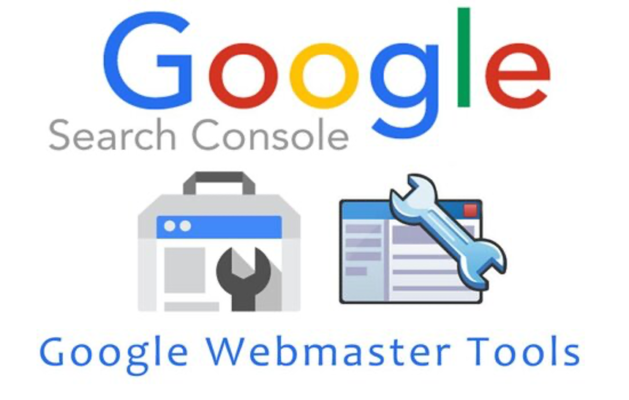
It wouldn’t be wrong to say that in an SEO campaign, watchwords play a significant role in determining the ranking of a website in the search engine. A website that is optimised with exact keywords for search engines gains more online traffic compared to others.
So What Are SEO Watchwords Anyway?
SEO watchwords are the words or phrases added in content to boost the ranking of those words or phrases in the search engine. Most keywords found in the research process are based on competition, search volume, and commercial intent. These watchwords do the trick to bring a page on the first page of the search results.
Why Are SEO Watchwords Essential?
For a winning SEO campaign, you need to find the right set of watchwords relevant to your audience. To do this, you have to analyse how your potential customers are looking for products or service. Optimising the content on your page around the terms and phrases they use to search can help to increase the ranking of your page and make it easier for the customers to find you.
Types of Keywords in SEO
Keywords are the most crucial element of SEO. Only when you nail your SEO, the organic views start to pour in. More views bring more potential customers who bring more conversions, and thus, more profit.
There are different sets of SEO keywords used to target other customers. Using a variety of keywords will allow you to reach a broader range of audience and increase your chances of conversion. That’s why you need to learn about the widely used keywords in SEO.
In the following paragraphs, I will introduce you to a few keyword types, including the most common types – short-tail keywords, long-tail keywords, and LSI keywords.
Long-tail keywords:

These watchwords include three or more words or phrases which are traffic-oriented, e.g., “best coffee shop NSW”, “black stiletto for women.” When a user searches by these keywords, he/she will find your page if your webpage is related to these keywords and if you’ve placed them accurately.
Compared to the other keywords, long-tail keywords are easy to implement and easy to rank due to lower organic competition. As the search volume of such keywords is smaller, the chance of conversion is also higher.
Short-tail keywords:
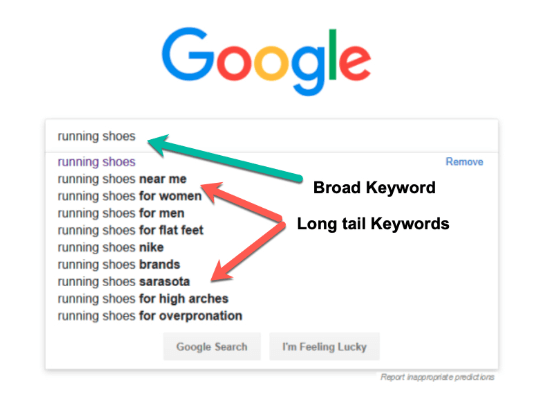
Study shows that about 20% of millions of keyword searches comprise of short-tail keywords. The short-tail keywords include of one or two words or phrases. These are pretty generic and implemented in almost all types of content.
Let’s say, a user types into a search bar “coffee.” Is it clear what the user is looking for? Is he/she looking for a nearby coffee shop? What kind of coffee to be precise? Or does he/she want to buy coffee online?
Unlike long-tail keywords, a short-tail keyword doesn’t precisely tell you the exact purpose. Even if you land the top spot in the search results and drive massive traffic, the conversion rate is uncertain and comparatively low.
Mid-tail keywords:
Such watchwords create a balance between the short-tail and long-tail keywords. For instance, if a short-tail keyword is “shoes” and the long-tail keyword is “buy shoes in Sydney,” the mid-tail keyword would be “buy shoes.”
These keywords are mainly for users who are looking for quick information but not ready to through pages after pages of search results.
Branded keywords:
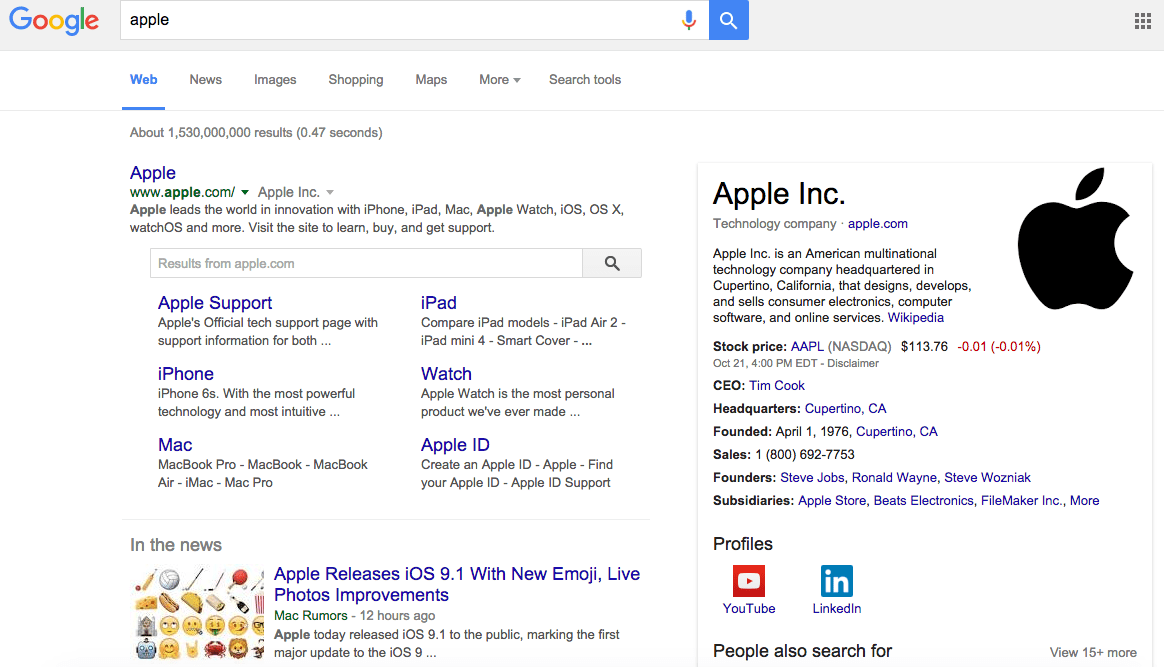
These watchwords contain the name of your business or product. When someone types your brand’s name into the search engine, it is apparent that they are aware of your brand, but looking to find some other information related to your brand.
It could be about the price of a product or other product information. Just because your customers know about the brand shouldn’t mean you won’t make an effort to push your brand to the top post. If you take the example of Apple Inc, the brand name isn’t unique, but they have used the right SEO strategy to push the brand name on the top spot.
Non-branded keywords:

Unlike branded watchwords, these keywords don’t reference your product or business name. The focus is mainly on attracting customers who aren’t aware of your business. It’s crucial to monitor these keywords to check if it’s reaching the target audience and generating results as you expected.
Let’s say you run a digital marketing company. Keywords or phrases like “Internet marketing agency” and “SEO services” are relevant non-branded keywords. These keywords directly tell the audience the services you offer without directly referencing to your brand.
Non-branded keywords give far more SEO options than branded keywords, mainly because the words or phrases your potential customer uses to search your brand or services are endless.
Short-term fresh keywords:

Short-term fresh keywords are such keywords that suddenly grow in hype on social media platforms. For instance, when the last movie of the Harry Potter franchise released, it was the most talked-about movie that year. Writing any content around it would generate a good traffic flow for a specific timeframe.
Such keywords are great to gather a massive amount of search conversions quickly, but they are likely to fall even quickly once the craze is gone. If you are planning to write a content using such keywords, keep the expiry date in mind.
Long-term evergreen keywords:
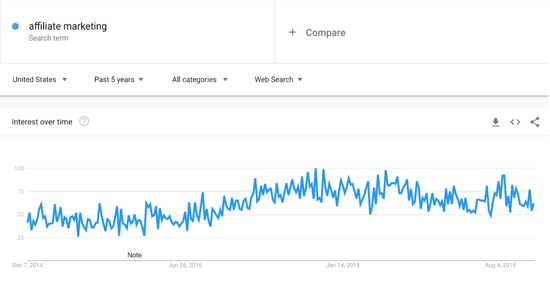
By the term “evergreen” you must have understood that these keywords don’t become redundant with time. Evergreen keywords are used when the firm closely focuses on content marketing. If you write content using a high ranking evergreen keyword, it will ensure that the content remains relevant for a long time.
For example, a blog post on “affiliate marketing” will not become obsolete with time. Similarly, the keyword “affiliate marketing” won’t go out of trend either.
Geo-targeting keywords:
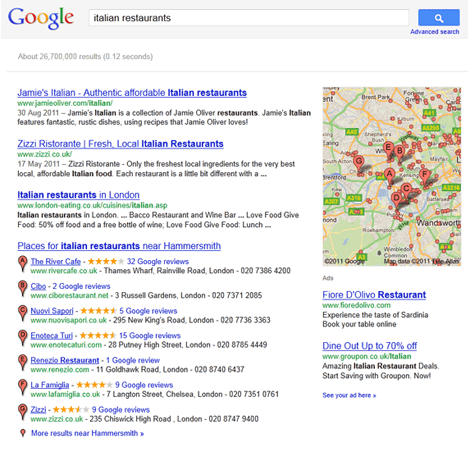
By using geo-targeting watchwords, you can target a specific location. These keywords can prove to be beneficial if you are running a local business and want to attract local customers. Let’s say you run an Italian restaurant in London. Don’t just use “Italian restaurant.” Try to include your location “Italian restaurant in London.” This small inclusion will drive more targeted traffic to your website and increase the conversion rate.
Competitor keywords:
I believe you’ve already understood what these watchwords are about. Competitor keywords are the watchwords and phrases which your competitors use in their content to drive traffic to their site. By analysing these keywords, you can understand your competitor’s strategies for content marketing.
Here’s a pro tip for you, don’t only focus on the competition. Treat it as an opportunity to learn what they are doing to attract customers and try to incorporate them for generating more customer-oriented content.
LSI keywords:
LSI or Latent Semantic Indexing keywords are conceptual phrases that are related to the primary keyword. Based on these terms, search engines get an in-depth understanding of the content of the site. For example, if you say your primary keyword is chicken, its LSI keywords could be chicken stew, chicken pie, KFC chicken, etc.
With the latest upgrades, search engines no longer rely solely on the primary keyword. Google, for instance, depends on the LSIs to figure out the back story of the content and features accordingly.
High and low intent keywords:
Keyword intent is a vital aspect of paid research. By leveraging intent-marketing, you can increase traffic, bag quality prospects, generate more leads, and increase sales.
High intent watchwords have strong commercial intent where the searchers are eager to do something – be it a purchase or an inquiry.
Three basic types of a search query are:
- Informational – The intent is to gather information about something or find a solution to a query. Example: signs of insomnia, dollar rate, Apple Macbook review
- Navigational – The intent is to find a specific website. Example: Australian Immigration website, Twitter, Standard Chartered log in
- Transactional – The intent is to buy something or carry out some web-related activity. Example: purchase food coupons online, subscribe to Cosmopolitan, get life quotes
Low intent keywords are mostly navigational or informational. Users searching for a website or looking to find information about something is less likely to make a purchase based on the searches, which means the commercial intent is comparatively low.
Misspelt Keywords:
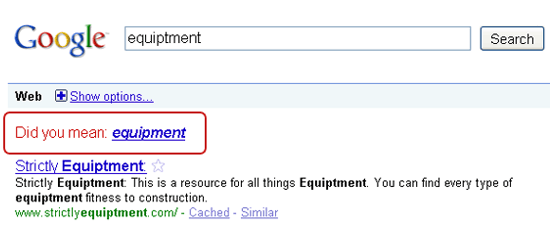
Many people misspell words while writing in the search bar. Most common mistakes are “favourite”, “accommodation”, “mortgage”, or “jewelry”. Previously, it was a great opportunity as there were less competitive than the correct ones. After the latest upgrade, Google has started autocorrecting the misspelt words.
Customer defining keywords:
As a business owner, you have your specific set of audience, and you are well aware of their interests. Customer defining keywords are the search terms or phrases used to identify the target audience or customers. Often, customers, too, use these words to express themselves. For example, a restaurant would use words like “foodie”, “gourmet” or “food connoisseur” as keywords to describe its customers or potential customers.
Product defining keywords:
Product defining keywords are the words and phrases that accurately describe your business or product. A user types these words in the search bar to find information about a specific product. Whenever you search for something, you will likely come across similar or related products on the first page. For instance, when you search for cold beverages, you will probably come across popular brands or drink types within a particular location.
Let’s consider another example—big companies tie-up with influencers or celebrities to promote their products and services. Someone searching for Roger Federer is very likely to come across products by Rolex on the very first page. It is because he is a brand ambassador, and thus his name serves as a keyword in this case.
How to Find the Right Watchwords for SEO?
As I’ve mentioned earlier, the right watchwords can help in increasing website traffic. But conducting keyword research takes quite the effort. To find and select the right watchwords, three things you should keep in mind NOT to do –
- Conducting SEO keyword research once
- Being irregular with upgrading and expanding the SEO keyword list.
- Targeting popular keywords – which are too competitive
SEO keyword research is an ongoing process, and it is only evolving with each passing day. For finding the right keywords, make sure you:
- Identify your business goal and target customer interest.
- Analyse the competitor’s content
- Use Google keyword research tools to conduct keyword research periodically.
- Understand the keyword types and choose those that define your business ethics assignment the best.
- Use Google keyword planner to examine the keywords and phrases.
- Reevaluate the old keywords from time to time
- Replace the competitive keywords with specific phrases to target the right
- Monitor the performance of the keywords and evaluate results
Wrapping it up
SEO isn’t only about taking the top spot in the search results. It’s also about understanding the interests of your customers and defining them. Along with identifying the right type of watchwords, try to focus on the needs of your potential customers. Only when you stop solely focusing on finding a customer who may or may not buy your products or services, you will end up with the right customers.



